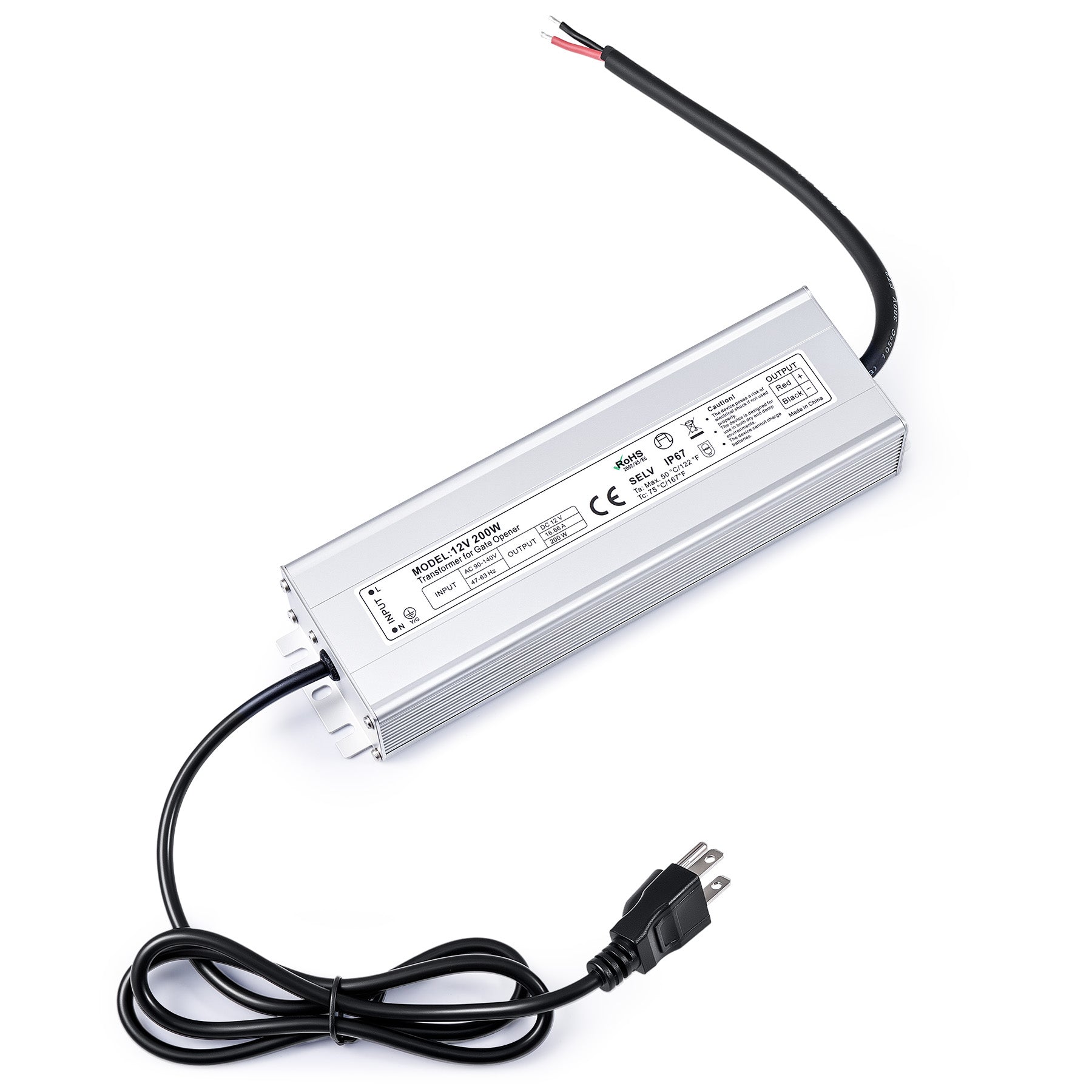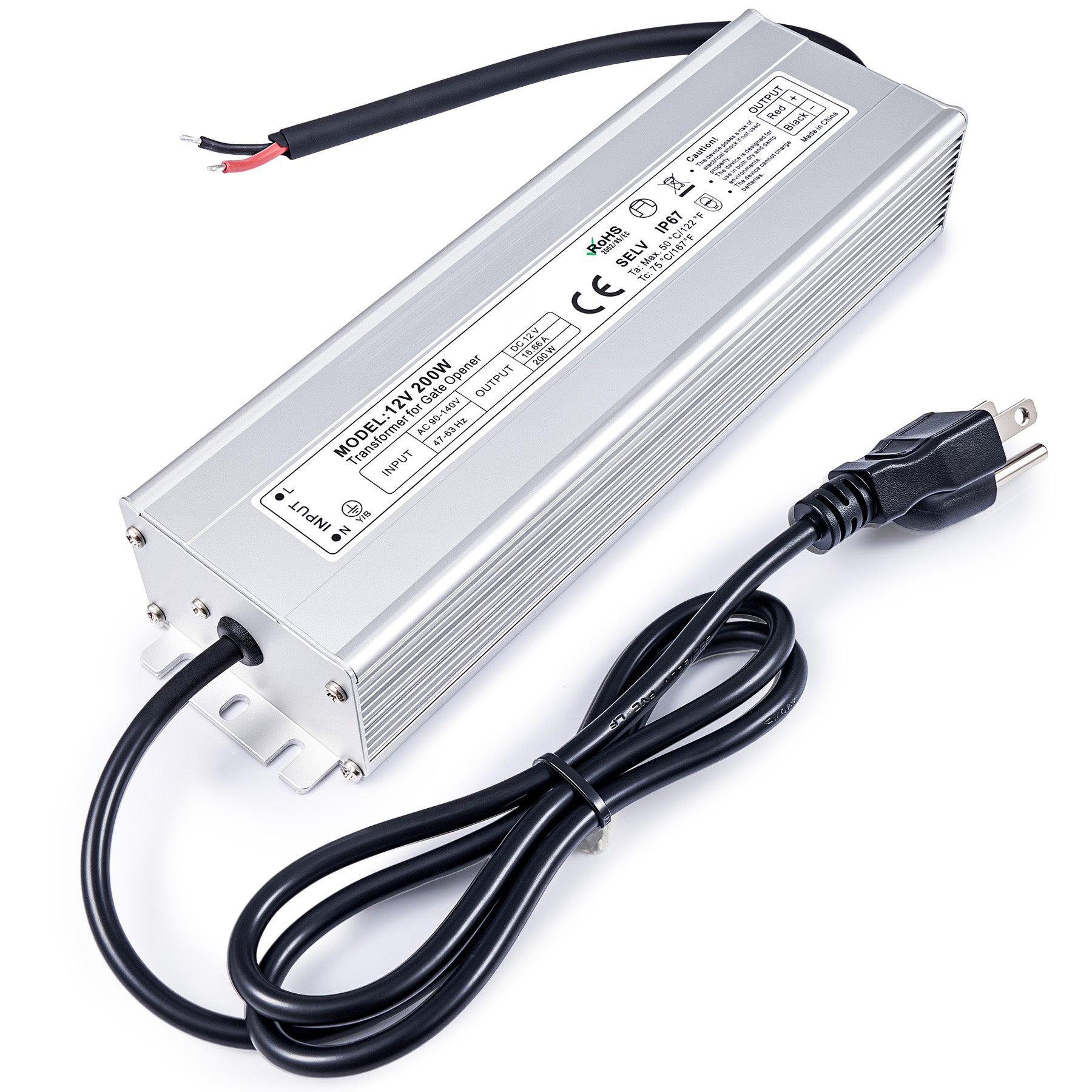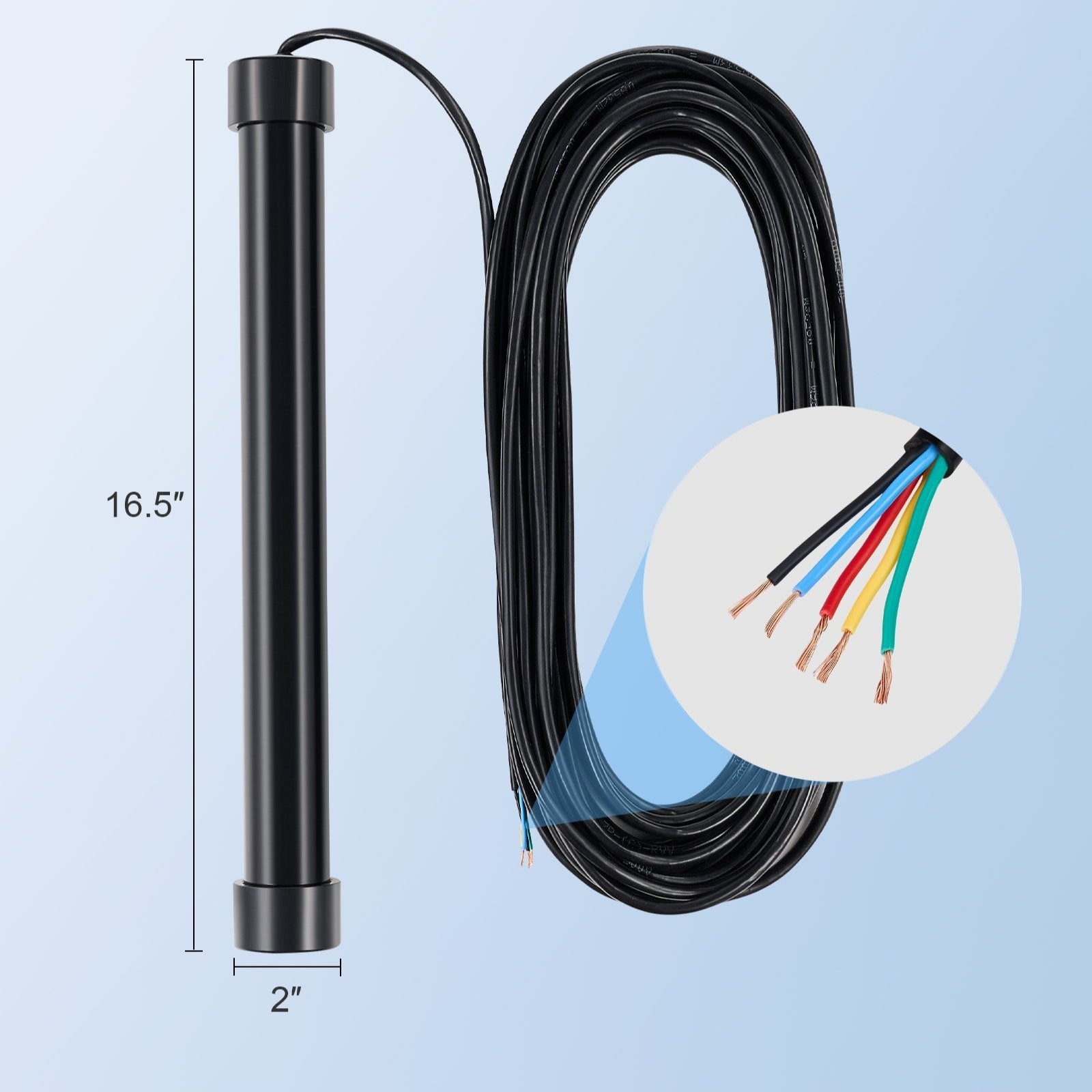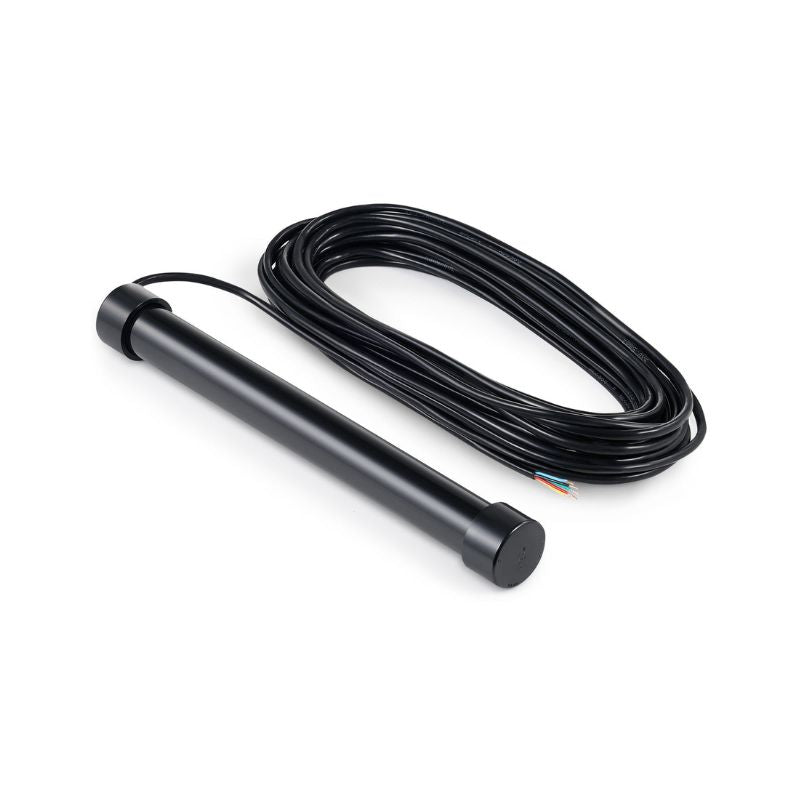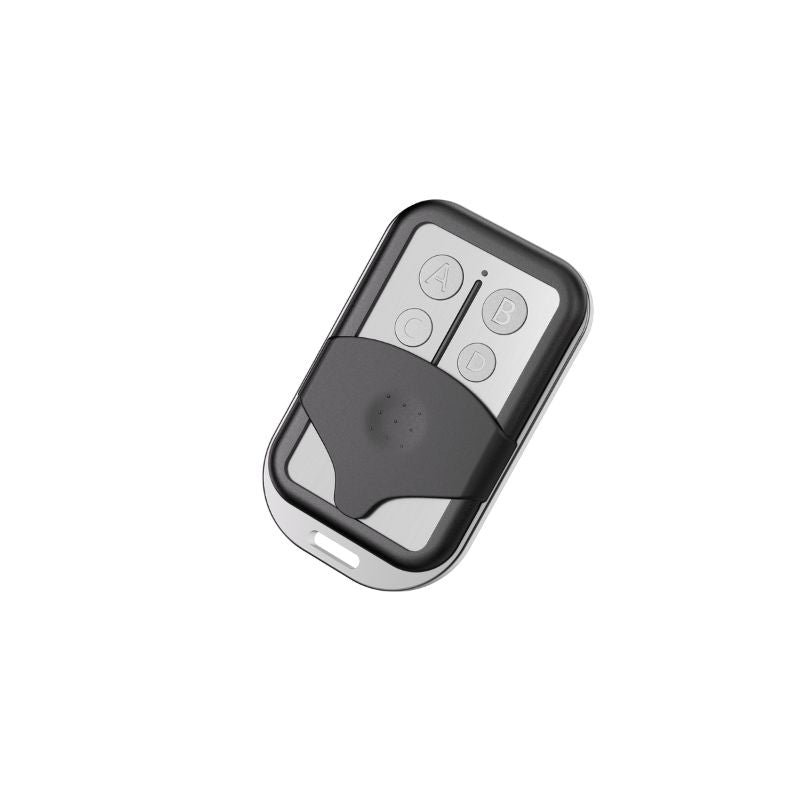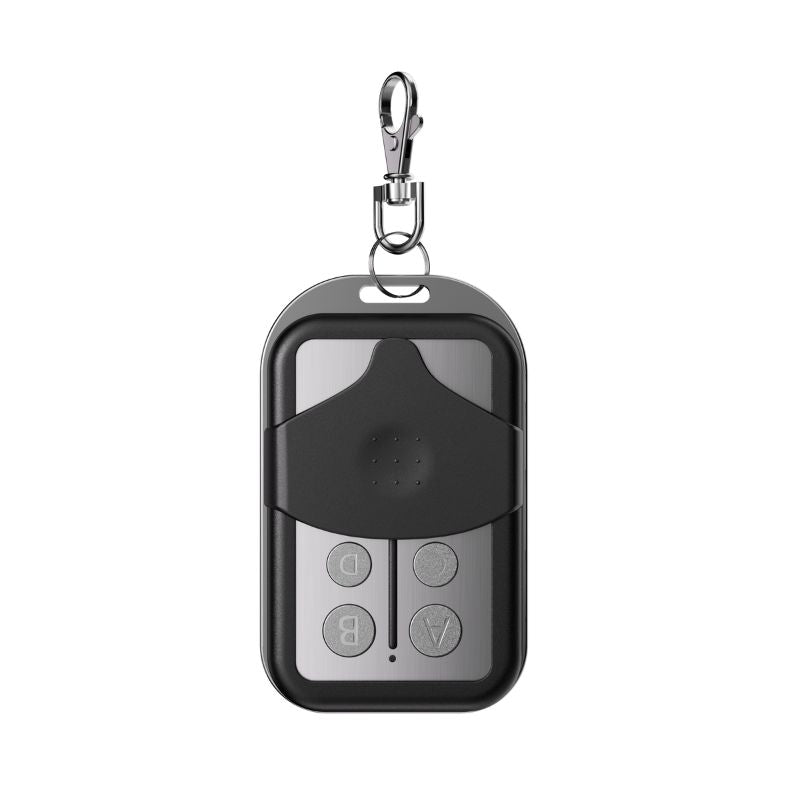One of the most efficient ways to prolong the life of your automatic gate opener is to take extra measures to protect it from extreme weather. Extremely cold or hot weather can damage any gate opener, especially electric gate openers.
Remember that most of the vital components of any gate opener system, including the motor, sensors, and others, are meant to be installed beside the gate, which is usually outside. Changes in the seasons can greatly affect your gate opener, significantly impacting its performance. The main effects are seen with extreme cold, heat, moisture, and wind.
Here’s how different weather conditions can affect your gate opener system and some inexpensive measures to keep it safe and in working condition all year round.
1. The Impact of Cold Weather and Freezing Temperatures
Without proper care, the winter months can wreak havoc on the functionality of your automatic gate opener. Here are five ways your gate opener suffers in the winter, especially if the components are left exposed.

i. The Battery Drains Quickly
One of the most significant impacts of cold temperatures on your gate opener is that the battery drains a lot quicker. When exposed to cold weather, the batteries lose charge faster or even freeze, which could cause your gate to start malfunctioning. This could obviously be a huge problem, especially if your gate opener system relies on battery power or solar energy.
Why does this happen? Without going into deep physics, electricity is produced through chemical reactions. Cold temperatures slow down these reactions, reducing the efficiency at which the battery can generate power. Without power, the gate opener cannot pull or push the gate as well as it should.
ii. Lubricated Components Could Become Stiff
Another (less direct) impact of cold weather on your gate opener is what it does to the lubricated parts. Several parts of the gate opener, such as the chains, gears, rollers, and hinges, require lubrication to operate smoothly and forestall the impact of wear and tear.
When temperatures drop significantly, the oil-based lubricants start to thicken, making it harder for these moving parts of the gate to function.
This is why you sometimes notice stubborn sluggishness in the way the wheels roll or the hinges twist. If unchecked, these parts may stop moving entirely.
iii. Mechanical Parts Could get Frozen
Apart from offsetting lubrication, extremely cold weather could also cause the mechanical parts of your gate opener to freeze. Mechanical parts on your gate opener include hinges, chains, gear assemblies, and all other components that are material and require force to move.
In low temperatures, there is always the risk that these parts may freeze, preventing the gate from opening or closing properly.
iv. Vital Sensors Could Get Obstructed
If proper care is not taken, snow, ice, or frost could be bad news for your gate opener. Snow or frost that is allowed to accumulate around your gate opener could block the infrared sensors or safety beams. These beams are important because they enable the gate to respond to commands or detect obstacles in its path. By impeding these sensors and beams, accumulated snow or frost puts you, your family, and/or property in danger.
2. The Impact of Snow and Ice
Having discussed the potential impact of cold temperatures, it should come as no surprise that snow and ice are equally, if not more, dangerous and damaging to your gate opener. If you own a sliding gate opener especially, you must always make a dedicated effort to keep snow and ice away from its components. Here is the main reason why:
Accumulated snow can obstruct the gate’s path, especially for sliding gates, which rely on clear tracks. If the surface melts and refreezes, snow can become really hard—hard enough to cause jams or prevent your gate from fully opening and closing.
3. Rain and Humidity
Generally speaking, all automatic gate openers, including solar gate openers, are susceptible to water infiltration, but if you own an electric gate opener, you must actively take measures to ensure that water does not get into it.
Most of the electronics that make an electric gate opener work, like the control box and motor are stored safely in little compartments. If not properly sealed, rainwater can infiltrate and cause short circuits or damage to the electronics. Your gate opener would not survive damage to any of these.

- Not just the electrical components of a gate opener are vulnerable to water damage, even the firmer and more rigid parts are too. Long-term exposure to moisture can lead to rust and corrosion of metal parts, particularly in the hinges, chains, and other moving components.
- In heavy rains where moisture accumulates quickly, sliding gates face a peculiar threat. The tracks may become slippery, causing the gate to move improperly or struggle to maintain traction.
4. Hot Weather and Extreme Heat
Extreme temperatures could be damaging to your gate openers, and that goes for both extreme cold and extreme heat. The threats posed by extreme heat are different from those of extreme could, but could easily be just as bad.
Let's explore some of these.
i. The Motors Could Overheat
In very hot conditions, the motor of your gate opener can overheat, especially if the gate is being opened and closed frequently. Overheating is bad for any gate opener: it could trigger thermal shut-offs or significantly reduce the motor’s lifespan.
ii. Lubricants Dry Off Quicker
When temperatures are really high, make sure you use more lubricant on your gate opener than usual, or apply lubricant more frequently. Extreme heat causes lubricants to dry out more quickly, which can result in increased friction between moving parts. In the absence of sufficient lubricant, these parts could wear out prematurely.
iii. The Battery Suffers
Extreme heat also obstructs the battery performance. While cold weather drains batteries, high temperatures can also reduce battery efficiency or cause them to overheat, leading to shorter battery life.

5. The Impact of Wind
If you own a large swing gate, you must be especially aware of the damaging effect strong winds could have on your gate opener. High winds place extra physical strain on the gate, and depending on its size, the gate might start acting like a sail.
As the gate struggles with the wind, the motor of your gate opener is placed under stress and strain, and the hinges of the gate wear down quickly. All of this will significantly diminish the performance of your gate opener even after the storm is gone.
Strong winds can shift the alignment of gates over time, causing them to drag or fail to close properly.
Tips for Facing Wind- So, if you live in a windy environment, it is ill-advised to use any post-mount gate opener system on solid panel gates (also known as privacy gates). These gates can catch the wind and act like sails, creating an excessive force that might damage the system and void your warranty with the manufacturer.
- For optimal performance, it’s essential that no more than 30% of the surface area of your gate is solid if you plan
6. Lightning and Power Surges
Lightening and power surges pose a threat to electric gate openers, especially the control box, which is the electrical heartbeat of your gate opener. During thunderstorms, lightning strikes or power surges can damage it, along with many or any of the gate opener’s other electronic components. Surge protectors can mitigate this risk but aren’t foolproof most of the time.
Preventive Measures
Although all the above weather elements pose a threat to your gate opener, most of them are preventable if you apply the right measures. Installing weatherproof covers or ensuring waterproof seals can mitigate many of these issues. Fortunately, some of the most efficient preventive measures are simple and inexpensive. Let's explore some preventive measures you can take today to keep your gate opener safe and secure in any weather.
|
RISK |
PREVENTIVE MEASURE(S) |
|
Cold Weather |
Use cold-weather lubricants and battery warmers |
|
Snow/Ice |
Clear snow/ice regularly, install motor heaters |
|
Rain/Humidity |
Use waterproof enclosures, seal electrical components |
|
Heat |
Provide shade, monitor lubrication levels |
|
Wind |
Check gate alignment regularly. |
|
Lightning/Power Surges |
Use surge protectors |
The ultimate Preventive Measure

While most of the above preventive measures have been shown to work, protecting your gate opener against the weather starts and with the quality of the gate opener you get. In other words, you must go for a gate opener that is made of robust material capable of withstanding extreme temperatures and has components that secure it against extreme heat or cold. You must go for a gate opener like those from Zumi.
Zumi Gate Openers
Zumi’s gate openers feature a sleek silver finish and a sturdy design that combines beauty with durability.
With an IP55 weatherproof rating, these gate openers withstand rain and dust and offer long-lasting performance. Customers have especially been impressed by the Zumi W2 Pro Gate Opener line, which includes both solar and electric models.
Capable of withstanding any temperatures between -4 to 122F, they come specially equipped for an all-year-round performance. The electrical components are sealed tight, and the design ensures that all vulnerable components are installed safely.
Zumi provides a wide range of gate openers for private homes, public institutions, and commercial establishments worldwide. From single-swing to dual-swing to solar gate opener models, Zumi’s collection contains reliable, top-quality gate openers with features and characteristics that optimize security. The Zumi Gate opener app can be integrated with the home system, taking security to a new level.


